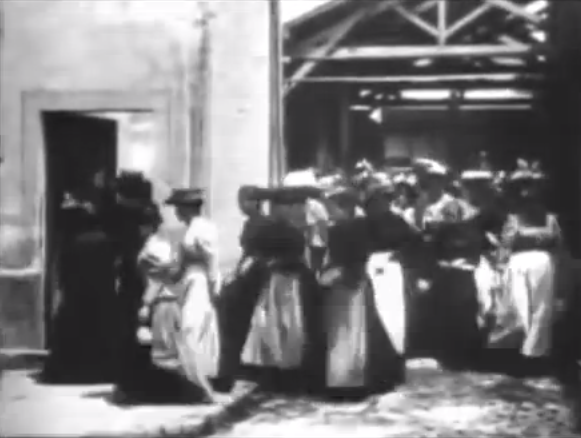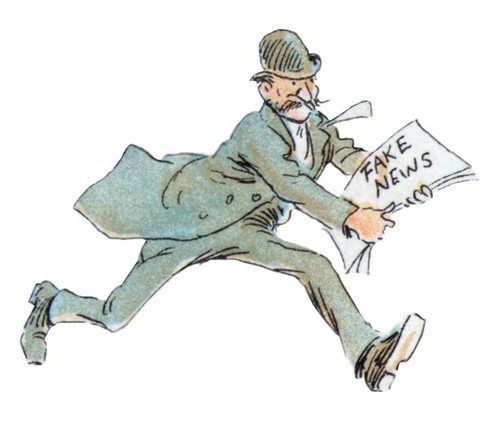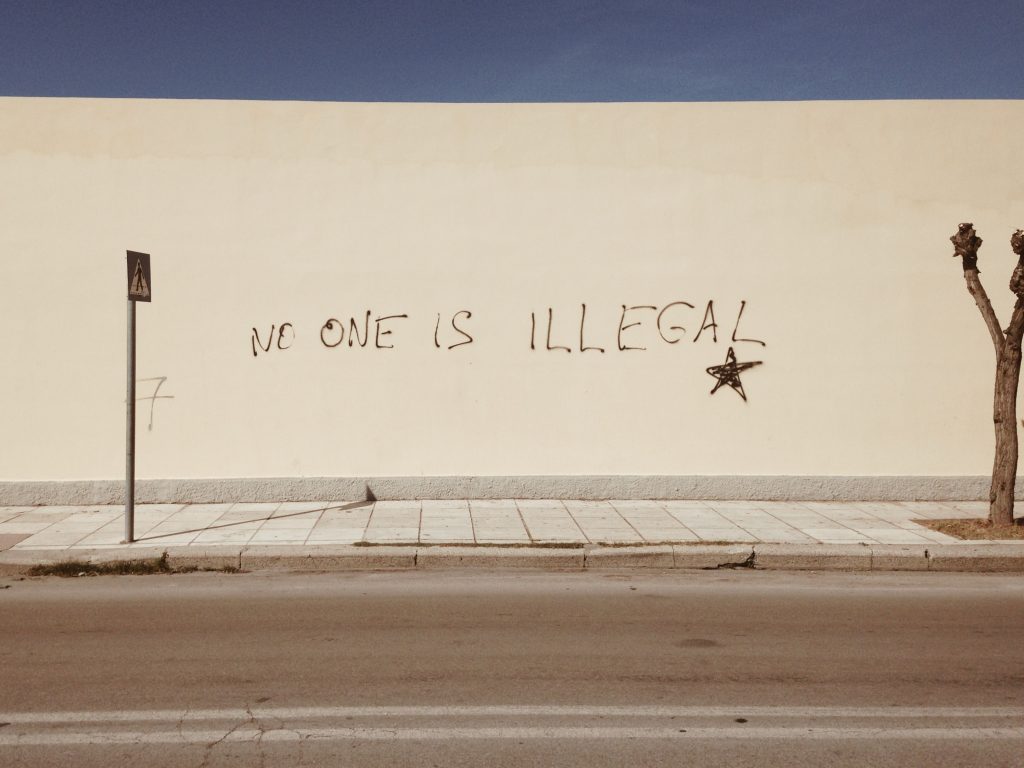The scientific team from the Institute of Communication Studies and Journalism of the Faculty of Social Sciences, Charles University, was led by Extraordinary Professor Nico Carpentier. ICSJ was involved in research Work Packages 1, 2, 3, 4, and we were leaders of research Work Package 5.
Europeanisation: Lessons from Media History (WP 1)
Our team helped WP1 with the theoretical framework and operational definition for Europeanisation. In WP1, we collected data related to the transformation of European media systems, with respect to both production and consumption, in 1990-2019. The main goal was to identify economic and geo-cultural patterns to understand the degree to which different identities – local, national, European or global – have been shaped by the media. A further goal was to equip policy-makers with new knowledge about media landscapes.

Fake News: Platformization of Journalism (WP2)
WP2 was intended to analyze the evolution of news production in digital environments. We focused on the analysis of fake news concerning the spread of anti-EU disinformation. This included the investigation of contemporary information system with the use of complex algorithmic solutions. One of the main changes affecting the media ecosystem was the recent evolution in news production and consumption, usually referred to as “platform journalism” or “networked journalism”. With this respect, platformization of news triggered a real revolution, leading to both positive and negative externalities – on the one hand, civic participation and the widening of the communication arena; on the other hand, the spread of fake news, polarization, radicalization and hate speech.

Hegemony: Video Platformization (WP3)
The goal of WP3 was to understand to what degree video streaming platforms – when compared to traditional TV and movie market, studied in WP1 – are making European culture more European or even more dependent on national contents and global agencies. For instance, in the case of Netflix, a specific pattern emerged, which was based on the two opposite poles of American control of distribution and territorial and national nature of both regulation and taste (Lobato, Netflix Nations, 2019). In a parallel way with WP2 and WP4, we analyzed how platformization – in the fundamental sector of video production and consumption – was impacting European markets, to come out with both a catalogue of best practices and a list of main obstacles to Europeanisation.

Exclusion: Platformization of Media Representation (WP4)
How were media representations of major European political and cultural issues (like refugees, migration, religions, common history, geopolitical and economic crisis, terrorism, sport, elections, etc.) affected by new modes of production, consumption, and by new trends of ownership and control over media content? Immigration and gender were two main topics in this work package. We analyzed the representation of these topics on blogs, forums, comments and social media.

Power: People and Platforms (WP5)
“Reliable forecast” about the evolution of some critical issues was part of the WP, which, in so doing, was expected to equip policy-makers “with knowledge and effective tools for understanding the impact” of platformization. The synthesis of all previous results and the indication of future trends require a theoretical effort, which, in our case, was inspired by a “grounded” methodology. With respect to this paradigm in social sciences, we identified four main clusters – related to Surveillance and Resistance; Choice and Algorithms; Toxic Debate and Pluralistic Values; Destructive Technologies.
